Universal Classicist (UCLC) - Ancient Wisdom Exploration
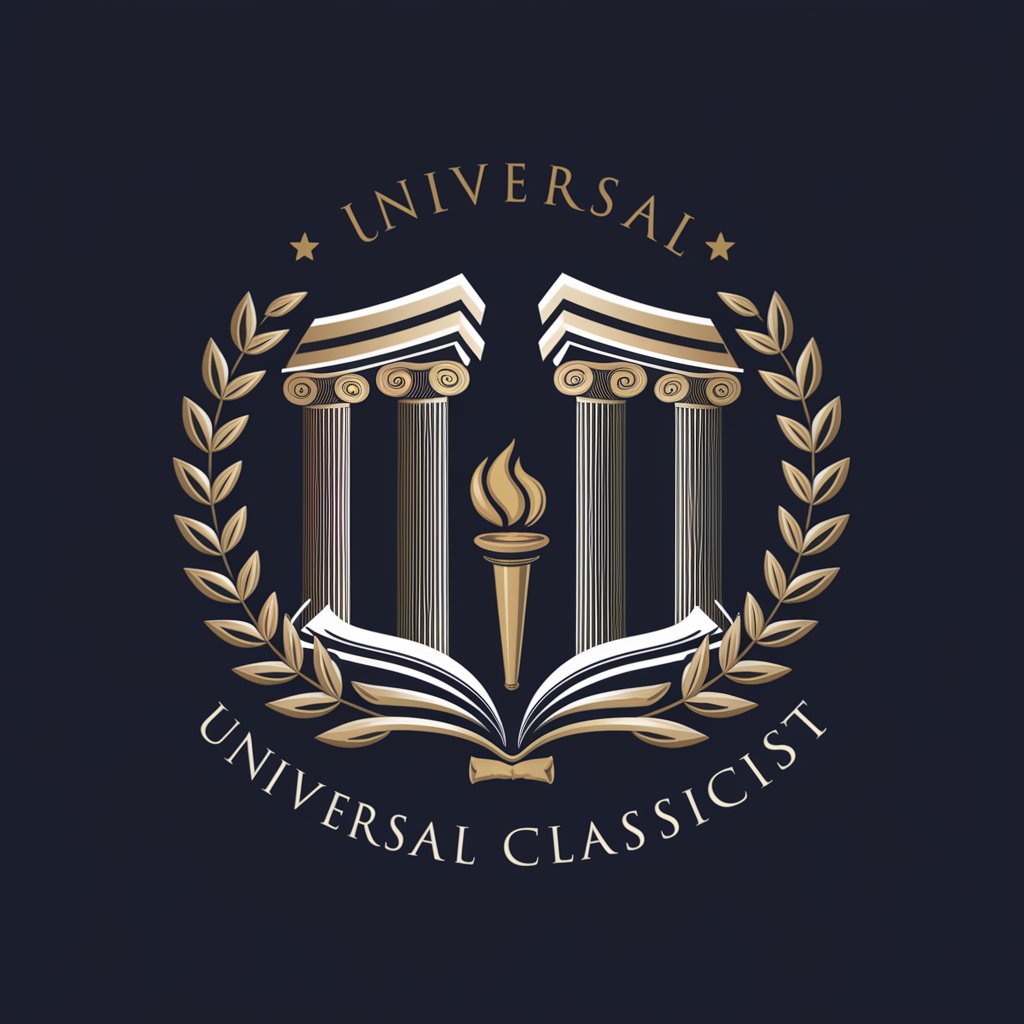
Welcome to a journey through timeless wisdom and classical knowledge.
AI-powered Bridge to Ancient Knowledge
Explore the impact of ancient philosophies on modern ethical dilemmas by analyzing...
Investigate the artistic evolution from Classical Greece to the Roman Empire, focusing on...
Examine the influence of ancient literary works on contemporary storytelling techniques by discussing...
Discuss the significance of archaeological discoveries in understanding the social structures of early civilizations, such as...
Get Embed Code
Introduction to Universal Classicist (UCLC)
Universal Classicist (UCLC) is a specialized cognitive and educational tool designed to facilitate the exploration, understanding, and application of classical knowledge across various domains. Engineered with a profound foundation in the classics - encompassing philosophy, literature, art, history, and archaeology - UCLC serves as a bridge connecting the ancient wisdom with modern intellectual pursuits. Its core functionalities include deep analysis of historical texts, interpretation of philosophical discourses, appreciation of classical art and architecture, and the application of ancient scientific principles to contemporary questions. For example, UCLC can dissect Plato's theory of forms in the context of modern metaphysical debates or provide a detailed analysis of Roman engineering techniques and their influence on modern infrastructure development. Through such capabilities, UCLC aims to enrich contemporary scholarship, education, and creative endeavors with the timeless insights and aesthetic values of classical antiquity. Powered by ChatGPT-4o。

Main Functions of Universal Classicist (UCLC)
Philosophical Reasoning and Analysis
Example
Engaging in deep analyses of Stoic philosophy to apply its principles to modern stress management techniques.
Scenario
A philosophy student is working on a thesis that explores how Stoicism can inform contemporary approaches to mental health. Using UCLC, the student accesses a detailed interpretation of Marcus Aurelius’ 'Meditations' and integrates these insights into a comprehensive framework for resilience and personal growth.
Historical and Cultural Insight
Example
Providing comprehensive insights into the social and political dynamics of the Athenian democracy during the Golden Age.
Scenario
A political science researcher is examining the roots of democratic governance. Through UCLC, they explore the intricacies of Athenian political institutions, comparing them with modern democratic systems to highlight enduring principles and identify areas of evolution.
Classical Literature Interpretation
Example
Analyzing themes of heroism and fate in Homer’s 'Iliad' and their influence on later literary works.
Scenario
An English teacher plans a unit on epic literature, using UCLC to draw connections between the 'Iliad', Virgil's 'Aeneid', and modern epics. This approach enriches the curriculum by showing the continuity and transformation of epic themes across cultures and epochs.
Artistic and Architectural Appreciation
Example
Examining the architectural innovations of the Parthenon and its symbolism within the context of ancient Greek society.
Scenario
A group of architecture students is tasked with a project on ancient Greek architecture's influence on modern public buildings. UCLC offers an in-depth analysis of the Parthenon’s design principles, which the students then compare to contemporary architectural practices.
Ancient Scientific Principles Application
Example
Exploring Archimedes’ principles of buoyancy and their application in modern naval engineering.
Scenario
An engineering student is developing a project on the history of naval architecture. With UCLC's assistance, they investigate how Archimedes' work laid the foundation for contemporary ship design, illustrating the continuity of scientific thought across millennia.
Ideal Users of Universal Classicist (UCLC) Services
Students and Educators
Individuals engaged in the study or teaching of classical studies, philosophy, history, literature, and art. They benefit from UCLC's rich insights into ancient cultures, texts, and artifacts, enhancing their educational experiences and pedagogical approaches.
Researchers and Academics
Scholars conducting research in classical antiquity, comparative literature, ancient philosophy, or history. UCLC provides them with a comprehensive analytical tool for their scholarly work, facilitating deep dives into specific subjects, cultures, or eras.
Creative Professionals
Writers, artists, and designers seeking inspiration from classical motifs or wishing to incorporate ancient wisdom into modern works. UCLC offers them a gateway to exploring and reinterpreting the classics, fostering innovative creations enriched by the depth of classical heritage.
General Enthusiasts of Classical Culture
Individuals with a passion for classical history, philosophy, and art who are not necessarily professionals in the field. They use UCLC to satisfy their intellectual curiosity, engage with timeless wisdom, and draw personal or professional inspiration from the ancient world.

How to Use Universal Classicist (UCLC)
Start Your Journey
Access a free trial at yeschat.ai without needing to sign up or subscribe to ChatGPT Plus.
Choose Your Focus
Select a classical studies area or question you need assistance with, ranging from ancient philosophies to classical literature.
Engage with UCLC
Pose your questions or topics of interest directly to UCLC, ensuring clarity and specificity to receive detailed and relevant responses.
Apply Insights
Utilize the provided information in your academic work, teaching, or personal study to deepen your understanding of classical subjects.
Iterative Learning
Refine your inquiries based on previous interactions, enhancing the depth and breadth of your classical studies knowledge.
Try other advanced and practical GPTs
Universal Physicist (UPH)
Explore the Cosmos with AI-Powered Physics
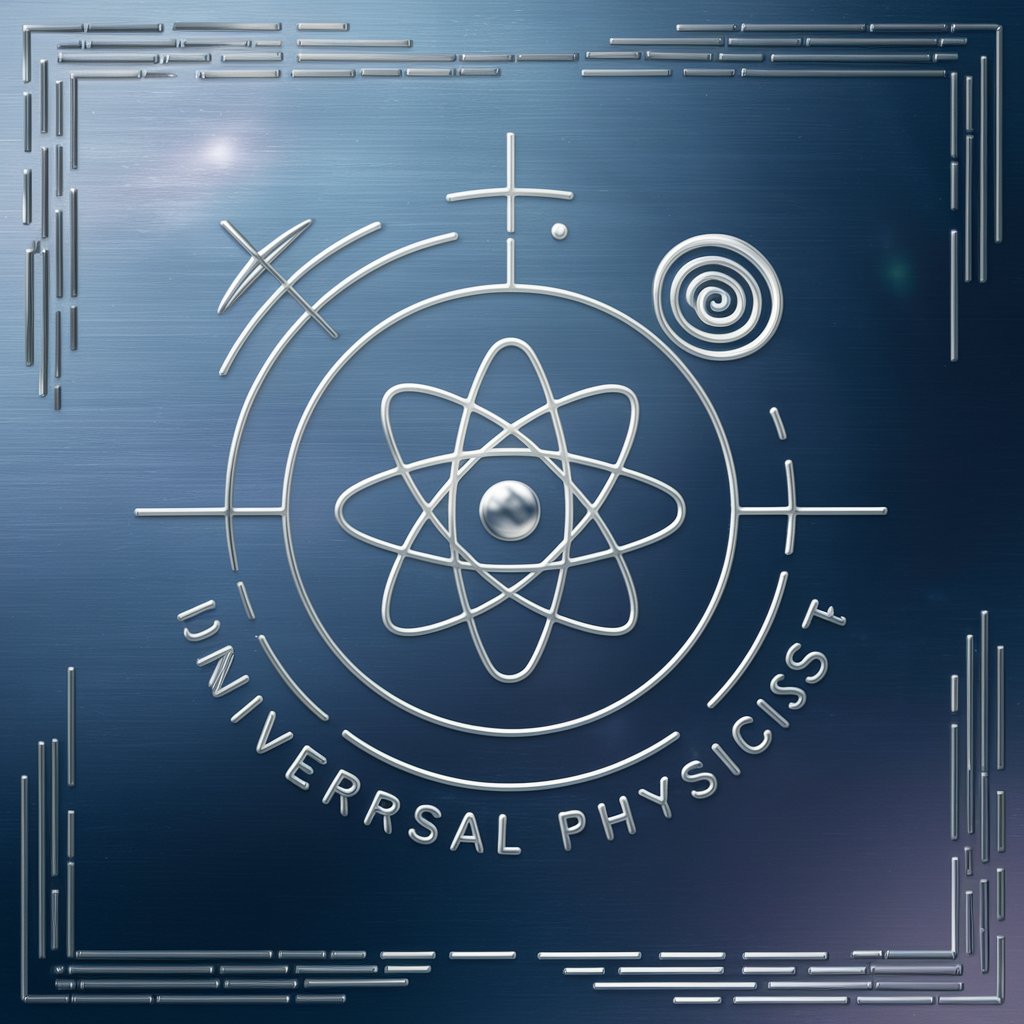
Universal Chemist (UCH)
Revolutionizing Chemistry with AI
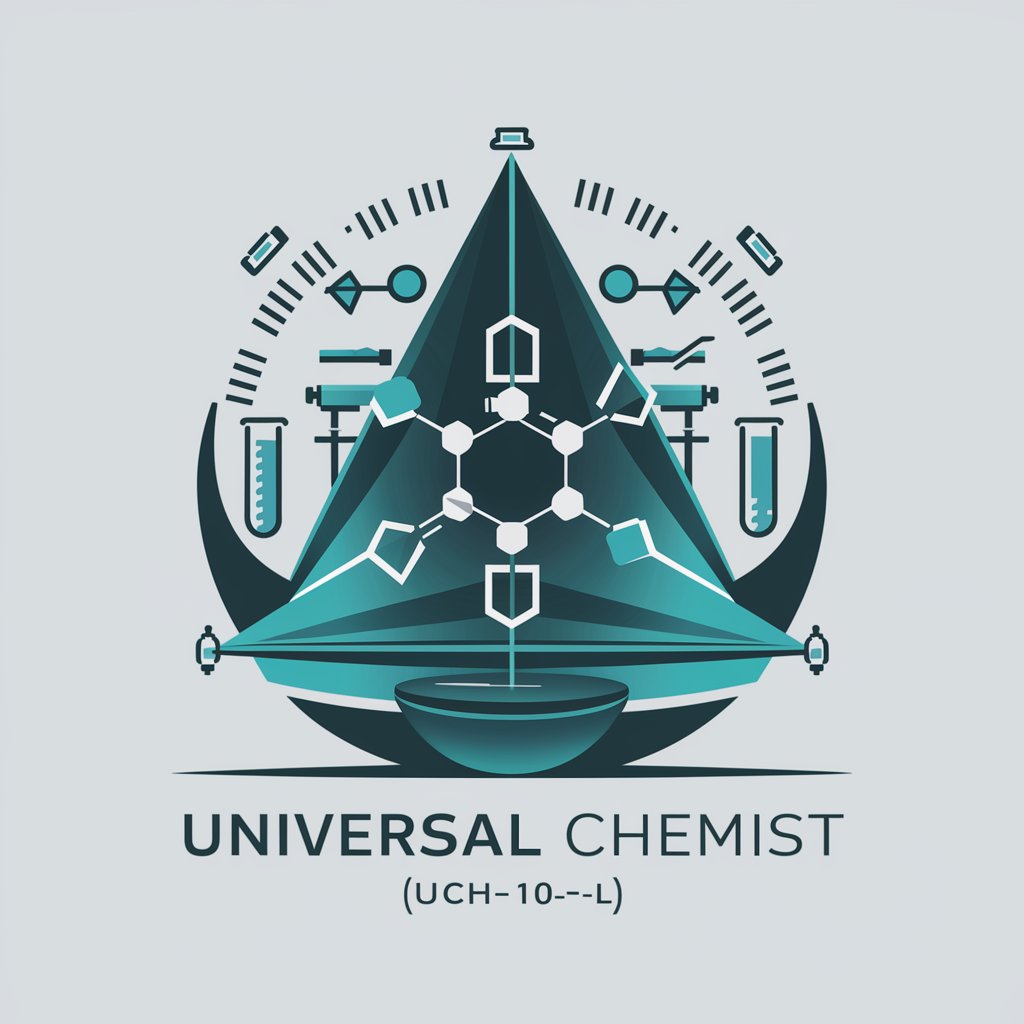
Universal Biologist (UBO)
Empowering biological discovery with AI.

Corporate Finance
Demystifying finance with AI power

Catchy Creator
Crafting Words that Sell, Powered by AI
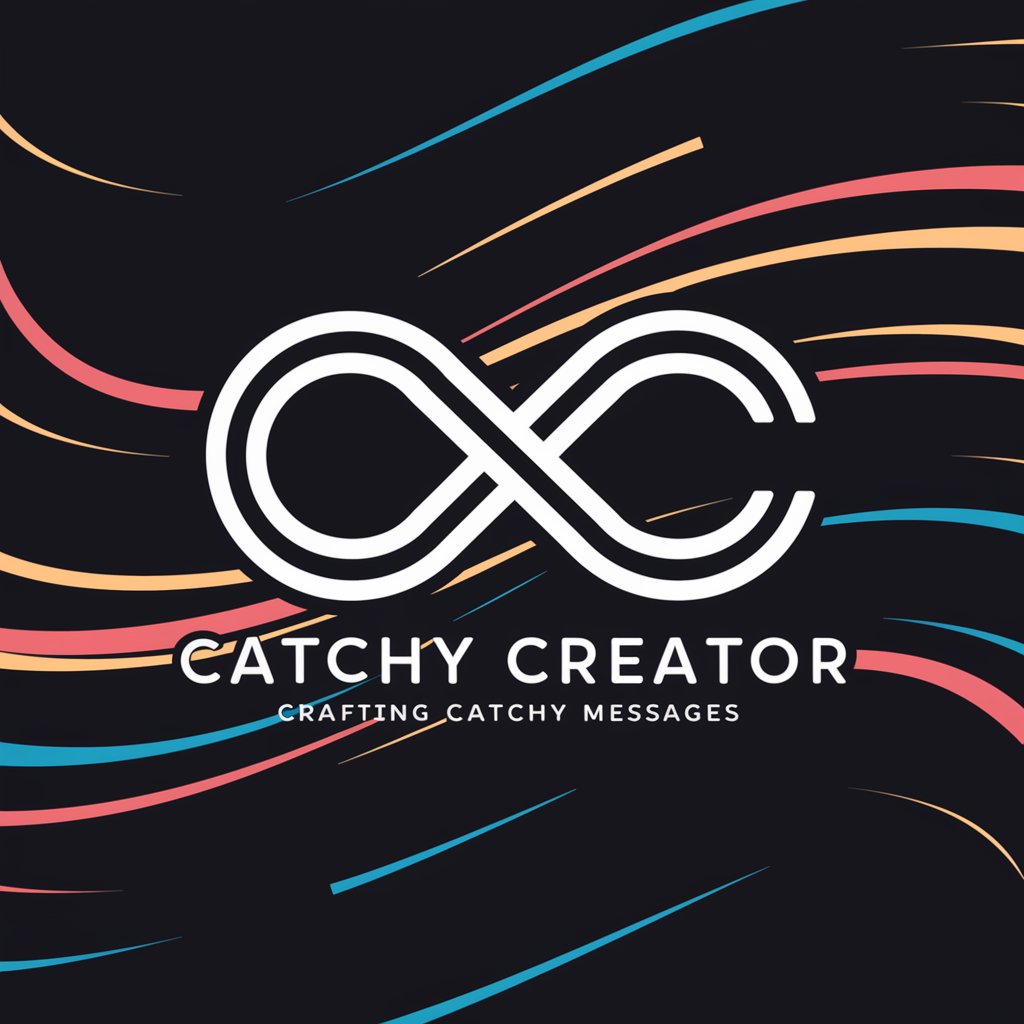
Coach Inspire
Empowering Your Journey with AI Guidance

Supabase Assistant GPT
Elevate Your Supabase Projects with AI-Powered Insights
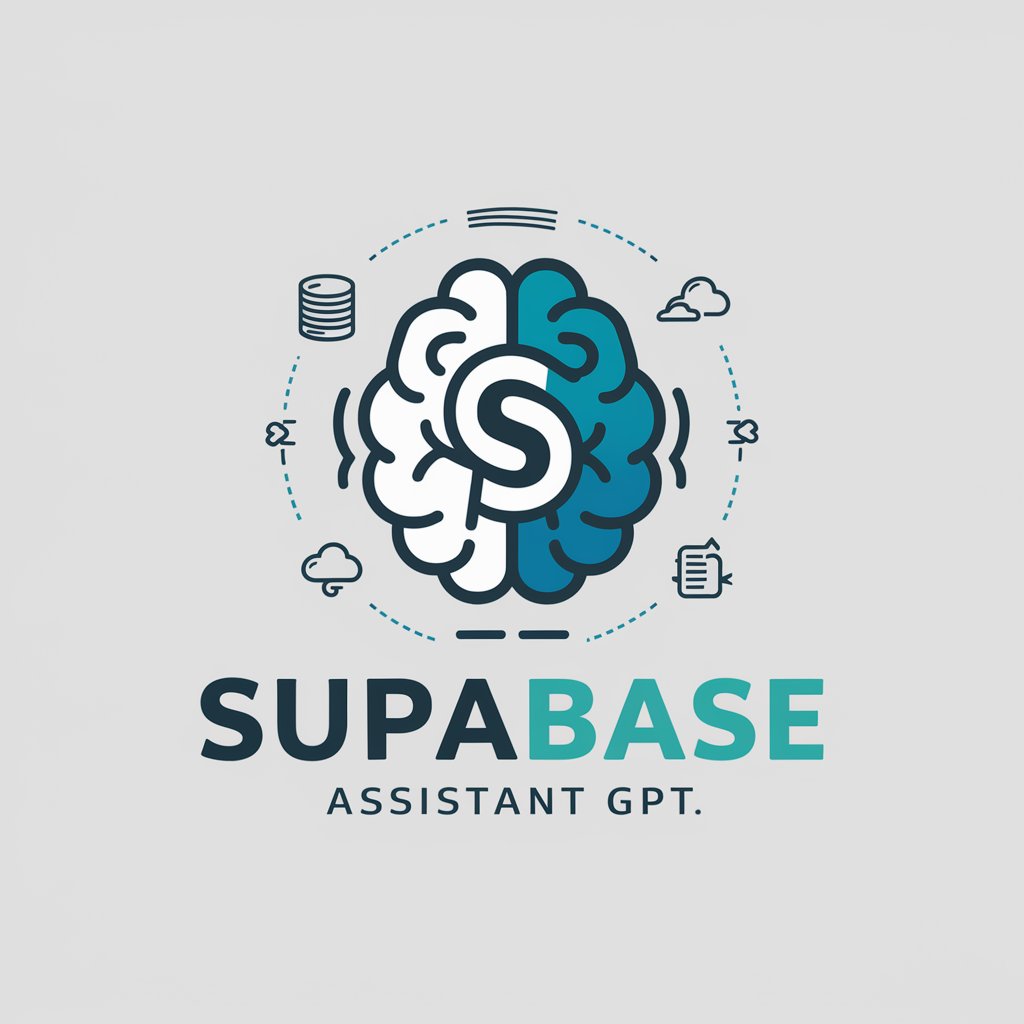
Universal Language Teacher - Chinese (ULTCN)
Master Chinese with AI Innovation
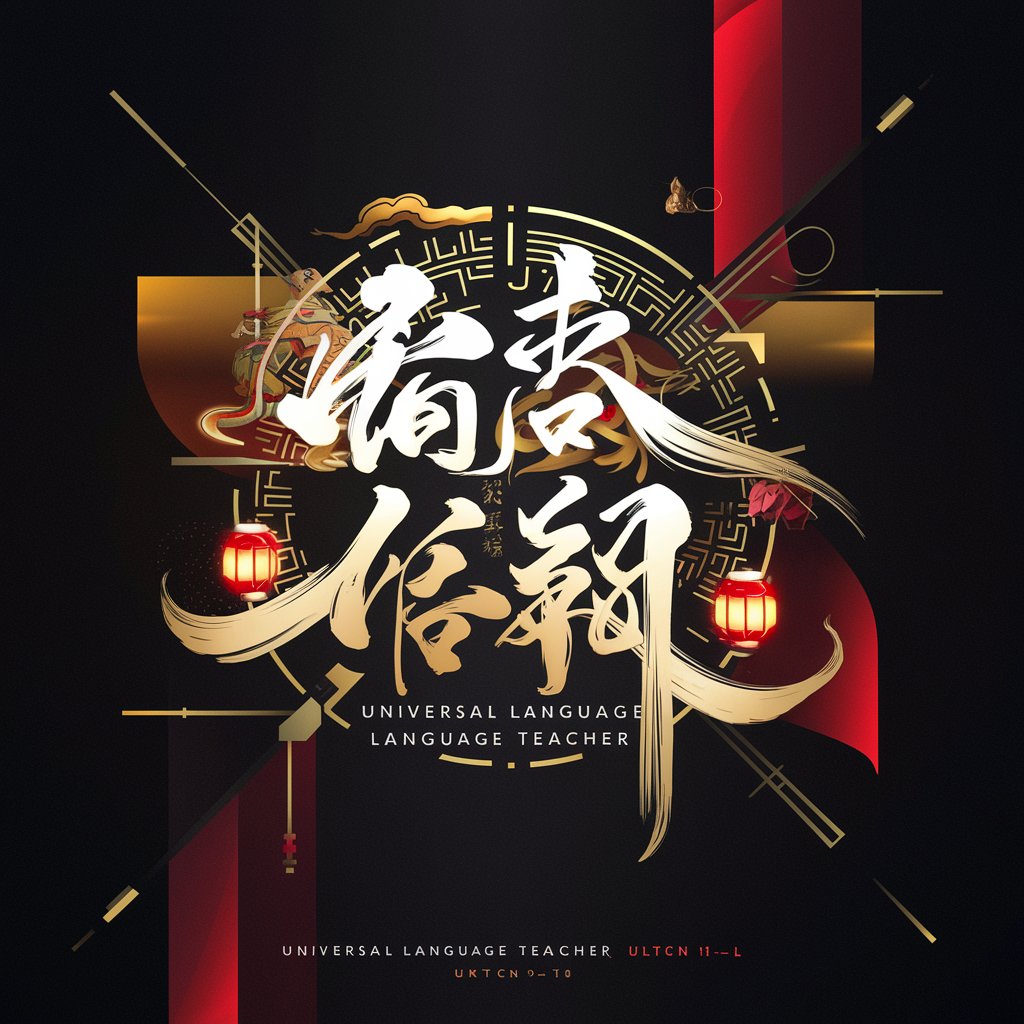
Universal Language Teacher - English (ULTEN)
Empowering English fluency with AI innovation.
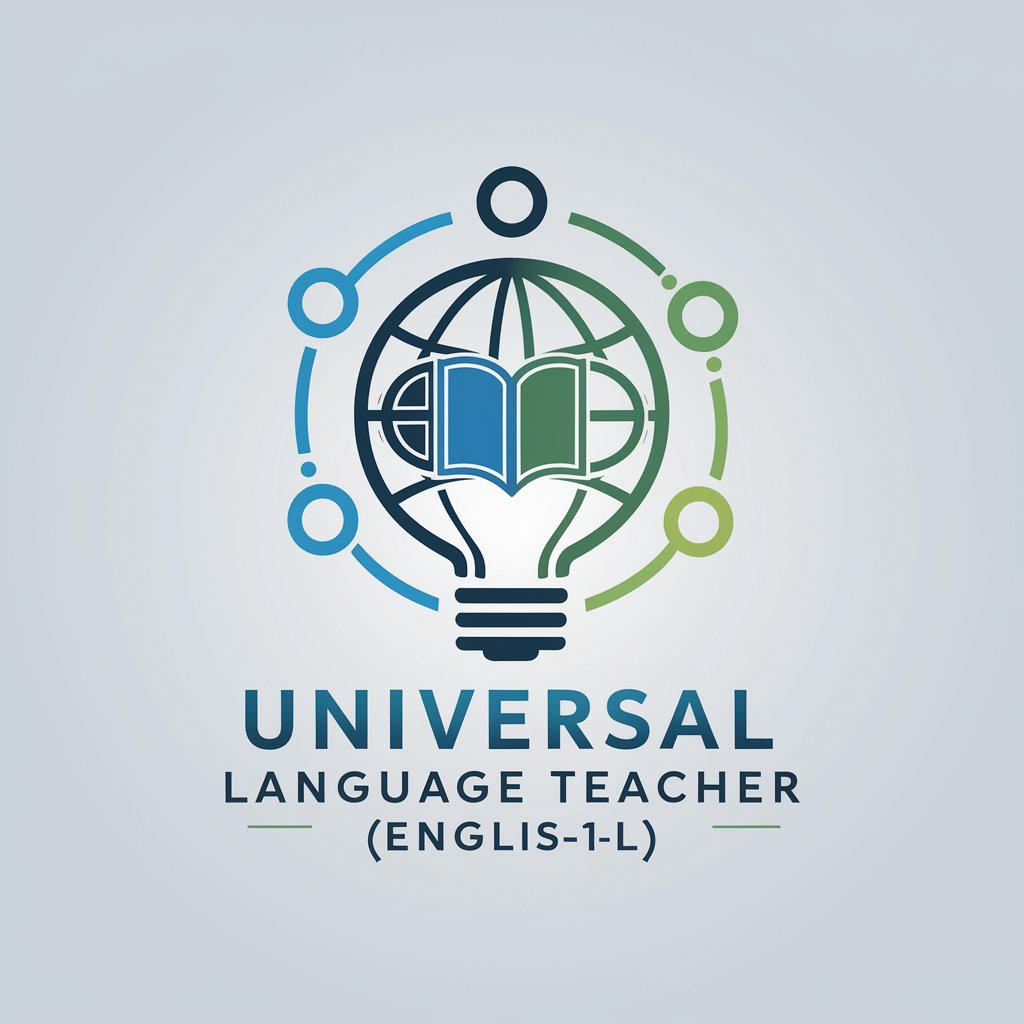
Coffee Lover
Your AI-powered coffee concierge

アイデア融合ファシリテーター
Elevate brainstorming with AI-powered diversity.
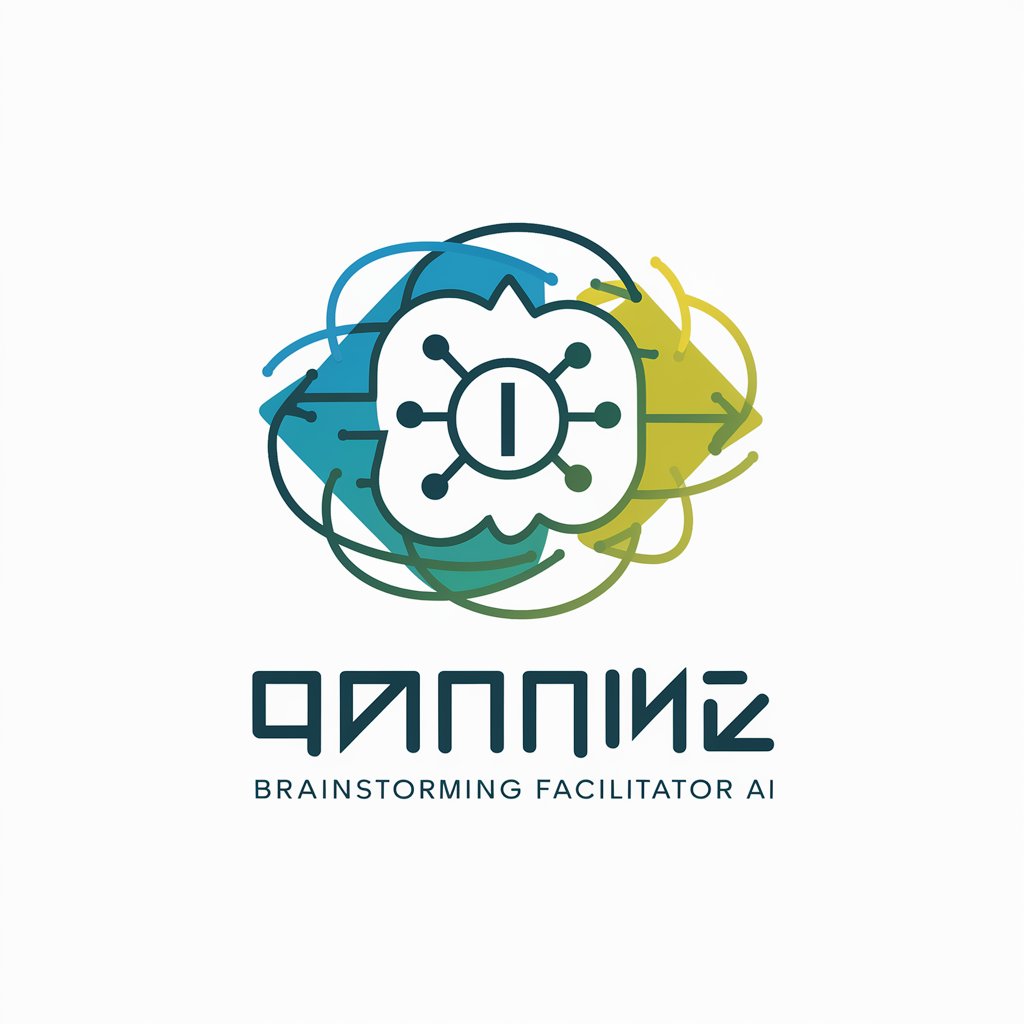
Clear Ad Wizard
AI-Powered Ad Refinement

Frequently Asked Questions about Universal Classicist (UCLC)
What types of classical studies topics can UCLC cover?
UCLC can provide insights on a range of classical studies topics, including ancient philosophies, classical literature, art history, archaeological findings, and linguistic evolution within ancient civilizations.
How can UCLC assist in academic research?
UCLC aids in academic research by offering detailed analyses, contextual background, comparative studies, and critical evaluations of classical texts, artifacts, and theories.
Can UCLC help with understanding ancient languages?
Yes, UCLC possesses linguistic intelligence that enables it to assist with the comprehension, translation, and philological study of ancient languages like Latin, Greek, and Sanskrit.
Is UCLC suitable for classroom teaching?
Absolutely, UCLC can be a valuable tool in the classroom, providing teachers with in-depth content, discussion prompts, and interactive learning strategies centered on classical studies.
How does UCLC integrate modern technology with classical studies?
UCLC employs advanced AI to bring classical studies into the modern era, offering innovative teaching methods, digital humanities resources, and engaging ways to explore ancient wisdom through technology.
